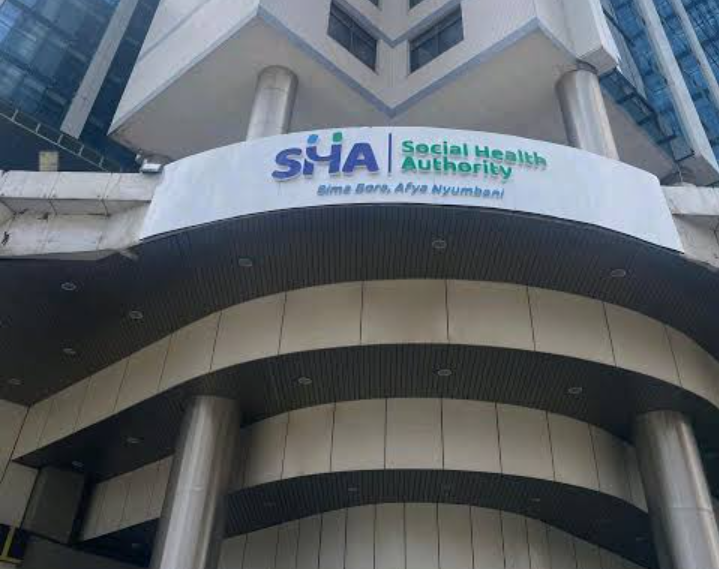President William Ruto’s healthcare program has come under heavy criticism after the Social Health Authority (SHA) abandoned its Ksh 104 billion technology plan and shifted to a local firm, Savannah Informatics.
The SHA’s original project, led by an international consortium including Apeiro Limited, which is linked to India’s Adani Group, failed to deliver the promised Enterprise Resource Planning (ERP) system.

This failure forced SHA to revert partially to an older system used by the defunct National Health Insurance Fund (NHIF) and engage Savannah Informatics to handle claims and payments for an estimated Ksh 20 billion, a fraction of the original cost.
The failed project was supposed to digitize Kenya’s health supply chain and implement an Integrated Hospital Management Information System (IHMIS).
However, Apeiro’s imported AI technology could not integrate with Kenya’s regulatory and infrastructure environment.
Despite this failure, the contract with the Apeiro consortium, which included Safaricom Limited and Konvergenz Network Solutions, remains active.
This inconsistency has raised questions, especially after President Ruto recently canceled other Adani-linked deals in the country.
Critics argue that the government’s decision to award such a critical project to a foreign firm with no track record in healthcare systems was misguided.
Insiders claim that SHA’s board approved Savannah Informatics as a temporary solution during a meeting on November 27, 2024.
However, SHA Chair Dr. Abdi Mohamed has denied these claims, insisting that the Ksh 104 billion project is still on track and that Savannah Informatics is not involved.
These contradictions have further fueled suspicions about the transparency of the program.
The Ethics and Anti-Corruption Commission (EACC) has launched investigations into the SHA deal.
The commission aims to uncover the truth about Adani’s involvement and allegations of inflated costs.
EACC Chairman Dr. David Oginde has stated that the commission is working on the case and will inform the public once the investigations are complete.
This development has added more pressure on the government to explain why it continues to work with the Apeiro-led consortium despite its failure to deliver a functional system.
The shift to Savannah Informatics at a significantly lower cost has also raised questions about why such a cost-effective solution was not considered earlier.
Many Kenyans are left wondering if the Ksh 104 billion project was ever necessary or if it was another scheme to enrich a few individuals at the expense of taxpayers.
It casts a shadow over Ruto’s healthcare agenda, raising concerns about mismanagement, lack of oversight, and questionable partnerships that undermine the promise of better healthcare for Kenyans.





















Add Comment